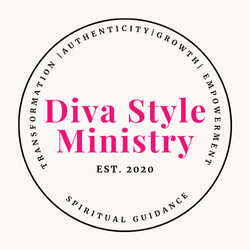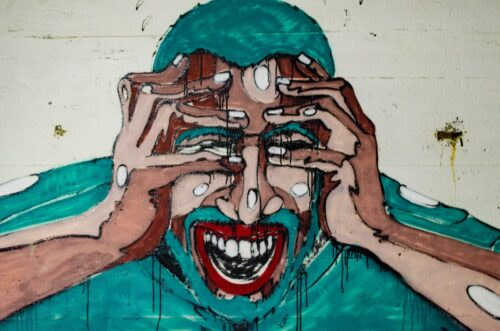Guilt is an emotion that is directly caused by an event, where we often make a mistake or let fear get in the way.
We might have a big opportunity that we self-sabotage, or we might feel guilty about not having a friend’s back when they needed us.
Guilt is a powerful emotion that can ruin a lot for us, and it can be a massive problem if we don’t let the guilt go and move forward.
Guilt can be very powerful, especially if you are focusing on guilty events from your past, but if you want to focus on how to become a better person you need to remove your guilt. Here’s how to do it.
Fix The Problem (If You Can)
There are often two types of guilt. Guilt about the problems that we cannot fix and guilt about things we can fix.
If you are lucky enough to have problems that you can fix by reaching out to someone or righting a previous wrong, then go and do so. It might be awkward to talk to a friend you haven’t spoken to in a while or bring up the past, but you need to do it to give both of you closure.
Make amends rather than just wallowing in guilt. Even if your attempt to fix the problem or resolve these feelings goes poorly, you can at least say you tried and attempt to end the guilt that way.
But what if you can’t fix the problem? What if the event that caused the guilt has already passed?
Remove The Bias of Hindsight
They say hindsight is 20-20, and a lot of guilt comes from confusing what you know now with what you knew at the time and blaming yourself for not knowing what you should have known at the time. Often if you say “I should have known my friend was depressed” or “I should have known that risk would fail” you are speaking in hindsight bias. This can compound your guilt and make it even worse.
You need to be able to remove that “should” and say, “I wish.” Say “I wish I’d known that the risk would have failed, but I didn’t know and couldn’t have known. That’s the truth.”
Think About the Intent of The Guilt
Sometimes we feel guilty over an accident. Maybe we dropped something slippery, and someone fell and hurt themselves, or maybe we completed a task, and then that task turned out to have a bad outcome. People cry over spilled milk more times than we think, but we need to consider the intent behind the action we feel guilty about.
Did we mean to cause the person to fall? Or the task to come out poorly? No, those were circumstances beyond our control. That’s not to say we shouldn’t feel bad about the outcome, but that we shouldn’t feel the long-lasting effects of guilt on our hearts and minds.
Now, if we had done those accidents with the intention of someone getting hurt or sabotaging the project, then we should feel guilty. Our actions directly led to that negative outcome.
Forgive Yourself
Self-Compassion is something that you need more of in order to properly handle guilt, and the more that you can put guilt in its place by forgiving yourself and moving on, the less it will start to affect you.
You can’t change the past, and while in some cases you can make amends for the guilt, other times you simply need to let it go because the guilt isn’t doing anything positive or productive for you.
Don’t allow the feelings of guilt to keep you trapped and locked down. Continuing to focus on the bad feelings and beating yourself up for them is not the solution. Do as much as you can to rectify the situation, take responsibility for your actions, and commit to doing better the very next time the opportunity arises.






